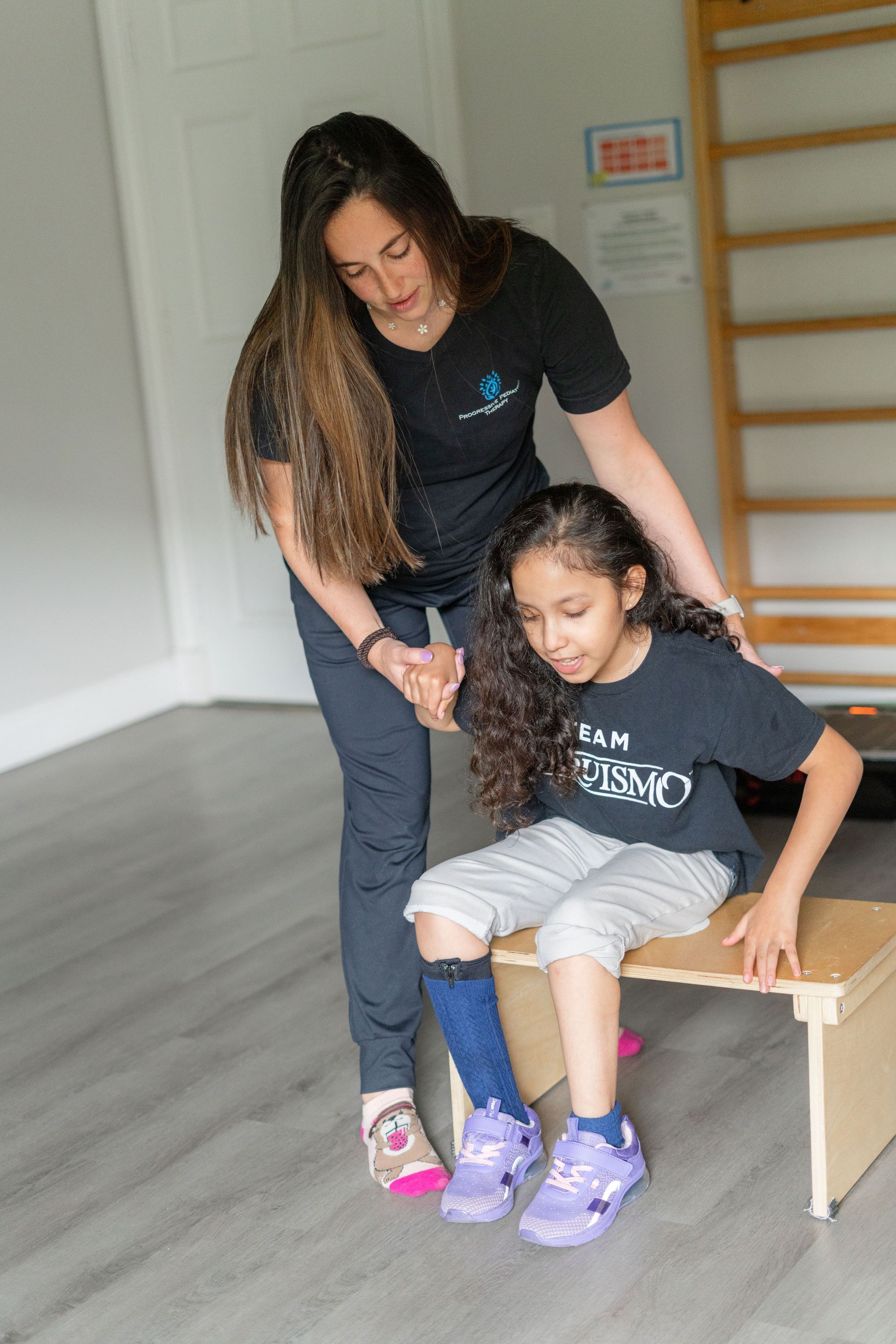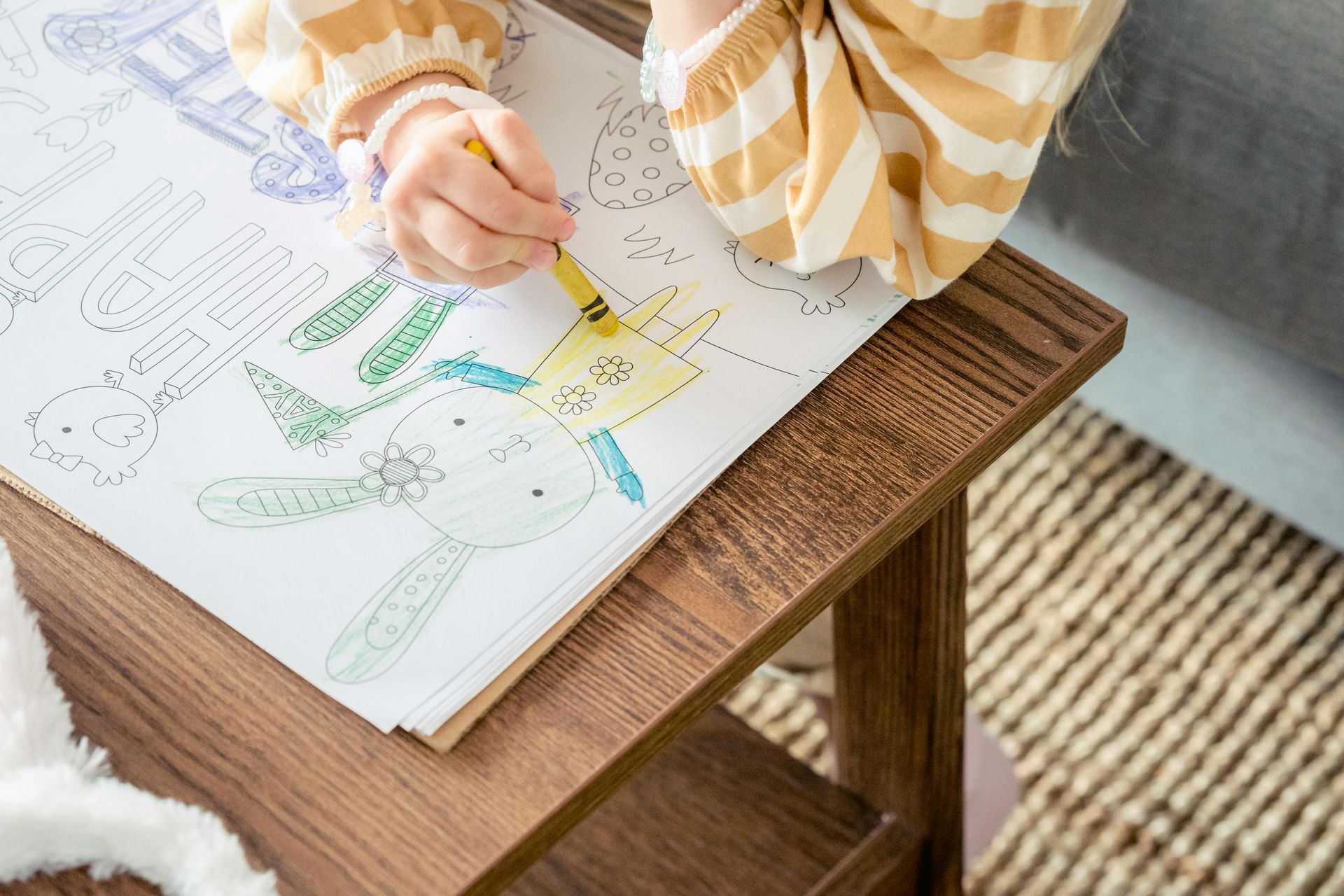Your Clinic
SET A LOCATION
Your Clinic
SET A LOCATION
October is AAC awareness month. So, in honor of this month, we will be sharing weekly posts on AAC to bring you all the information you need to know on how to get started.
Ready?
Set.
What is an AAC device?
Augmentative and Alternative Communication (AAC) are different systems that children and adults with complex communication needs can use to communicate besides speaking.
Let’s break down what each of these words mean:
AAC systems are not always used by people who cannot communicate verbally, but also by those who need to supplement their speech and language skills.
While people usually think about communication as only spoken , the truth is that it comes in many different shapes and forms. Some of these include: written expression, gestures and signs, body language, apps, and dedicated communication devices.
We will be talking a lot about children with complex communication needs. We have already defined what communication means, but what does it mean to have a complex communication need? Well, these are individuals who cannot meet their communication needs (i.e., exchange information with communication partners) using verbal communication, but instead, need additional assistance to get their thoughts, wants, and needs across. This assistance is where AAC systems come in!
Who needs an AAC device?
AAC systems are used by people of all ages, from children as young as 2 and 3 years of age to elderly adults.
They can be used as a temporary solution to difficulties in communication, such as right after surgery or when recovering from an accident, to a life-long communication system for individuals with a variety of diagnoses.
Some common diagnoses that may benefit from an AAC system include:
Why should my child get one?
AAC systems provide a way for individuals with complex communication needs to exchange information in ways they couldn’t before.
Using an AAC can allow your child to:
When should someone get an AAC system?
There are no prerequisites or age restrictions to use an AAC system!
Any child or adult who has complex communication needs, regardless of age, cognitive skills, motor or physical difficulties, language skills, and language spoken, can and should be considered for an AAC.
However, it is important to have an evaluation completed in order to figure out which kind of AAC system is best and most suitable for each individual. As with many things, AAC is not a one size fits all solution, but one where the strengths of each individual should be taken into account to know which system would fit best.
Where can my child get one?
Speech-Language Pathologists receive training in AAC systems and are who you should contact if you are interested or think your child could benefit from one. They will guide you through the process and work with you and your child to learn how to use it.
Interested in finding out more about the different kinds of AAC?
Let us know in the comments and stay tuned for upcoming blogs throughout October!
The post The What, Who, When, Where, and Why of AAC appeared first on PPT4Kids.









We empower children, families, and the community to learn, grow, and celebrate every child's unique abilities.
Quick Links
Contact Details
Phone: 561-376-2573 | 561-918-0190
Fax: 561-218-4939
VIP Concierge: 561-717-1764
Clinic Locations
All Rights Reserved | Progressive Pediatric Therapy, Inc. | Privacy Policy | Terms of Service
Site by Spearlance